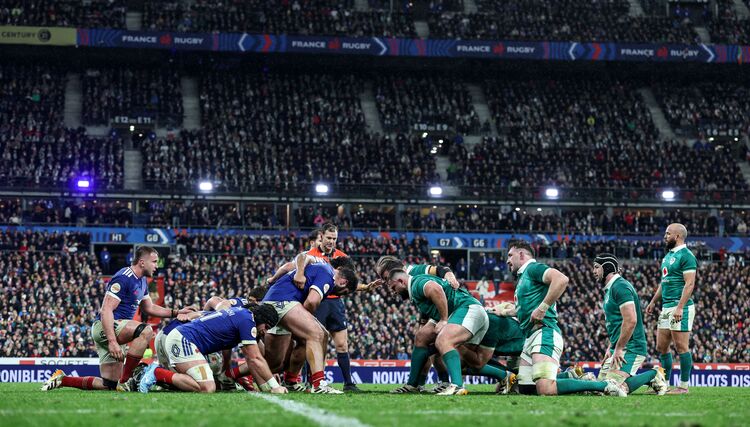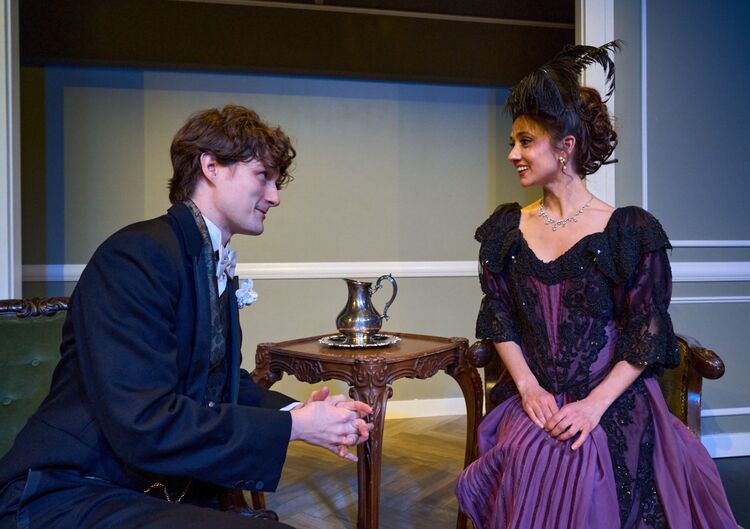By Daniel Neely
In a 1901 interview, the great uilleann piper Patsy Touhey was asked about the present and future status of the pipes. Although he didn’t believe the “art” of pipe playing had deteriorated much, he remarked at how “the pipes have been less and less in evidence and the pipers becoming fewer every day.” In the very next breath, he took a swipe at some of the music’s recent changes, lamenting that “everything Irish has been dying out” and how “in Ireland they were adopting everything English or foreign – concertinas, melodeons and the like, and all kinds of trashy music and songs.”
It was a rather dire outlook, but one that didn’t account for the music’s resilience. Certainly, a lot has changed since Touhey’s time, especially as it relates to the concertina. Musicians over the years like William J. Mullaly, Elizabeth Crotty, Chris Droney, John Kelly, Paddy Murphy, Noel Hill, John Williams, Niall Vallely, and Jack Talty (to name a few) have helped “indigenize” the concertina, making it one of Ireland’s most esteemed instruments. In fact, today we live in a time of extremely impressive concertina players, and in a remarkable turn of events, five of the generation’s absolute finest – Tim Collins (Kilfenora Ceili Band), Padraig Rynne (Notify), Caitlín Nic Gabhann (Nic Gaviskey, Ciarán Ó Maonaigh), Micheál Ó Raghallaigh (Providence, Danny O’Mahony), and Edel Fox (Neill Byrne, TG4 “Young Musician of the Year,” 2004) – have come together to form the Irish Concertina Ensemble (or ICE), a visionary group that has just released a fascinating new album, “Zero.”
A concertina “band” may sound like an odd proposition in theory, but in practice it reveals its worth in unexpected ways. The group itself was Collins’s idea. He brought it together in 2014 with the idea (as stated in the album’s liner notes) “to explore and experiment with the melodic, percussive, rhythmic and harmonic possibilities of the concertina.” His vision was a good one. A range of well-forged playing styles, concertinas of different sizes and pitch ranges, and a unique musical vision, all brought under the umbrella of modern studio technique, have given this fascinating project rich results.
The album contains nine tracks (all instrumental) which take the instrument to places you’ve likely never heard it. The arrangements range from the fairly straight forward to the more adventuresome. Take the album’s opener “Ard RI-March Of The Dal gCais,” which is a lovely track that fulfills the idea of what a concertina ensemble might sound like in comfortable terms. “Sunday Solitude / Hardiman The Fiddler” a pair of jigs (the first of which is a Collins original) is another that’s like this, as is the “Loftus Jones,” a neatly arranged take on the Carolan favorite that captures the beauty of the composer’s melody and expands a bit on it’s naturally baroque feel from a harmonic point of view.
But there are the tracks that add subtle wrinkles to things. “First Month Of Spring/Maghera Mountain/LA Overture,” arranged by Ó Raghallaigh, Collins, and Rynne, is one such example. It’s a track that bears the stylistic hallmarks of the three arrangers and which allows one to really hear the personalities of each of the group’s players. But by track’s end, the music has moved beyond it’s starting point, perhaps without you even realizing it. The album’s final track, “Tir Na nOg / Sport,” which plays on the concertina’s percussive and harmonic elements, is a track that works in a similar vein.
Then there are tracks like “Aughty Sunrise” and “Floor Shark,” which stand out as different. The former, composed and arranged by Collins, is a beautiful conceived air that begins with some haunting sounds that evoke the briskness of a cold morning’s sunrise. It unfolds into something much more conventionally put, but the contrast here tells an interesting story. The latter track, composed and arranged by Rynne, it is a work very much in the vein of what he’s done with his group Notify – sleek, modern, atmospheric, and richly textured. Here, he challenges conventional notions about the concertina’s harmonic limitations and does it with great style. It’s a standout for me.
“Zero” is a forward thinking and eminently listenable album that truly extends the concertina’s voice. It’s amazing to me that this esteemed group of musicians could not only find the time schedule an album together, but that they could do something so different without bury the essential character of each of their playing. Given what we know about Patsy Touhey’s predisposition against the instrument, it’s likely he would have disapproved of ICE’s “Zero,” but given how far the concertina has come and how much farther this particular album takes it, I’m certain that’s not a bad thing. Recommended! For information about buying the album, visit www.custysmusic.com.
Daniel Neely writes about traditional music each week in the Irish Echo.








